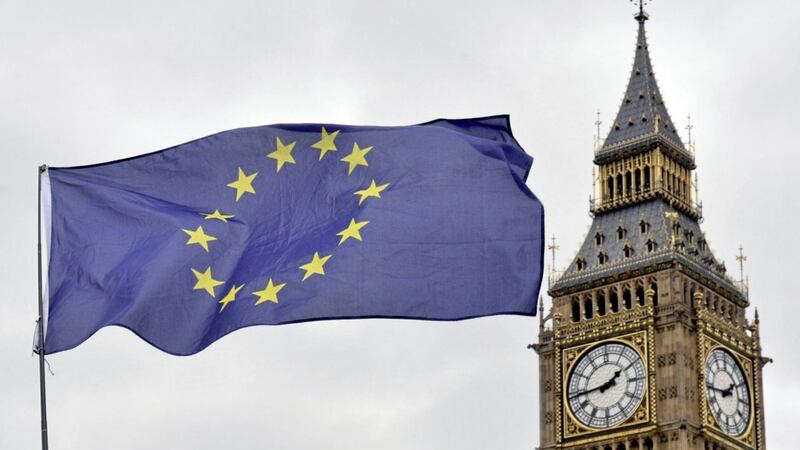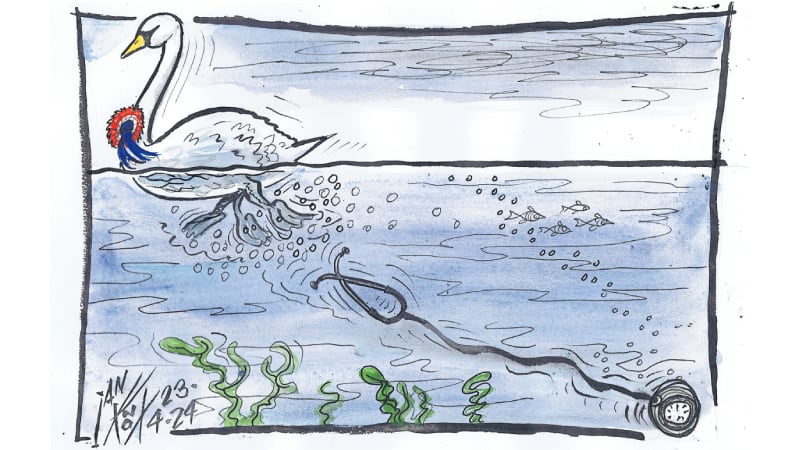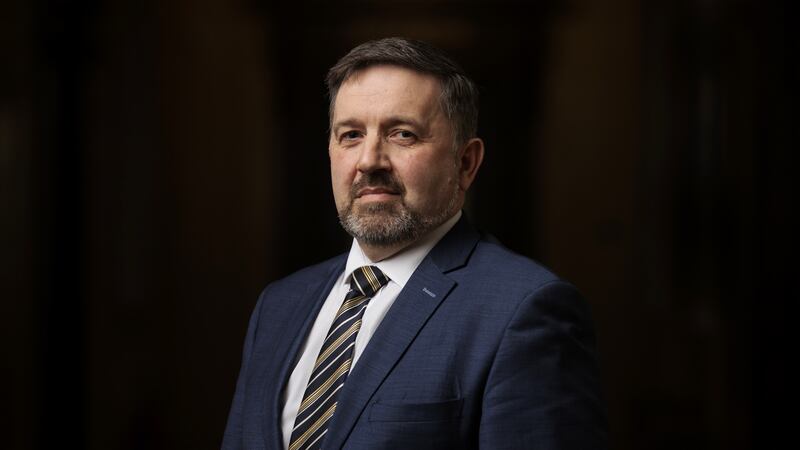Last week's claims about the demise of Theresa May's 'customs partnership' plan appear premature but that doesn't mean the Brexiteers in her cabinet aren't still doing their utmost to kill it off.
The prime minister was said to have been outvoted by the likes of David Davis, Boris Johnson and Liam Fox at last Wednesday's Brexit 'war cabinet', however, May ally and Business Secretary Greg Clark signalled on Sunday that the proposal was still on the table.
We can easily surmise that on this side of the Irish Sea most people would like to see Britain remain in the EU's customs union, therefore maintaining free-flowing trade not just across the border but also east-west and beyond onto the Continent.
All EU members are part of the customs union, which means there are no tariffs imposed when goods move across internal borders, while there is a common tariff for goods entering from outside the trading bloc.
However, while Mrs May's position remains so precarious and her government so divided then remaining in the customs union – in name at least – is a very remote possibility.
The 'hybrid customs partnership' idea was therefore seen as a sort of compromise that would have all the rhetoric of a divorce but with with some form of continued cohabitation.
This arrangement would see British officials at ports, airports and the border collect import tariffs on behalf of the EU for any goods coming into the UK that were subsequently destined for any other EU member state.
In a system which appears highly bureaucratic, businesses would claim back tariff rebates from the government if the goods remained in the UK. This arrangement would enable goods to flow freely from Britain and Northern Ireland to the EU – including the Republic – without the need for further tariffs or rules of origin checks.
The British government has conceded that the customs partnership plan would be unprecedented and “challenging to implement”. It may also be reliant on technology whose effectiveness is so far unproven.
The cabinet Brexiteers, who following Amber Rudd's resignation have gained the upper hand, prefer streamlined customs arrangements in which new technology and “trusted trader” schemes minimise the need for checks on goods at the border. They believe this “maximum facilitation” arrangement would enable free-flowing trade while at the same time ensuring an unequivocal break from the EU.
However, this has so far proved unpalatable to EU chief negotiator Michel Barnier, who regards the technological solution and the trusted trader scheme as unworkable.
It had been hoped the British government would pitch a coherent post-Brexit trading plan ahead of next month's EU leaders' summit but with Mrs May being pulled two different directions, the chances of that are diminishing by the day.








